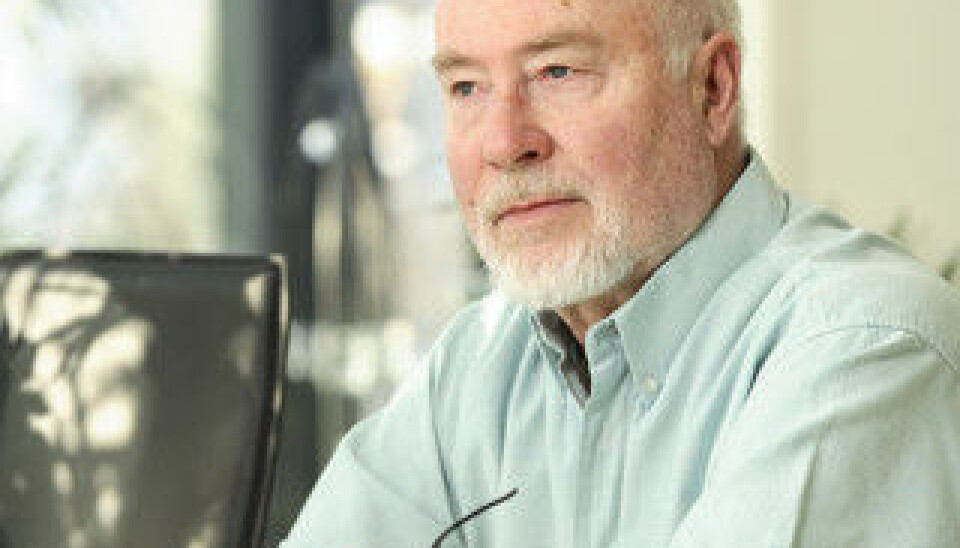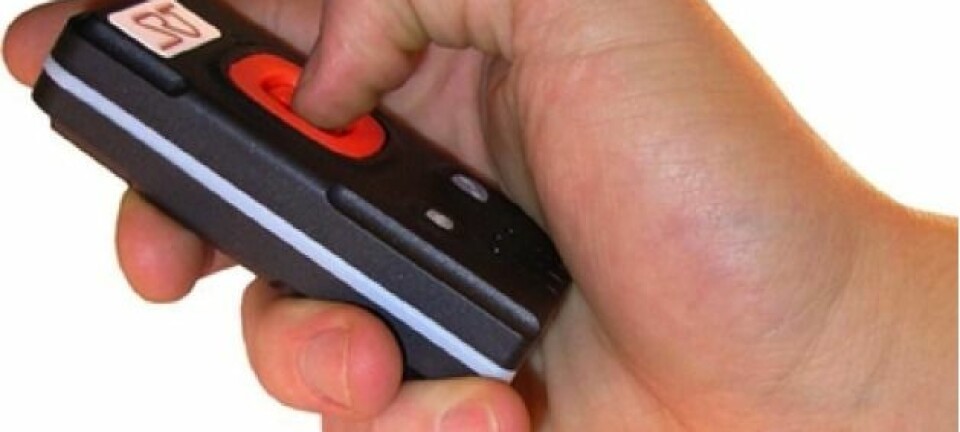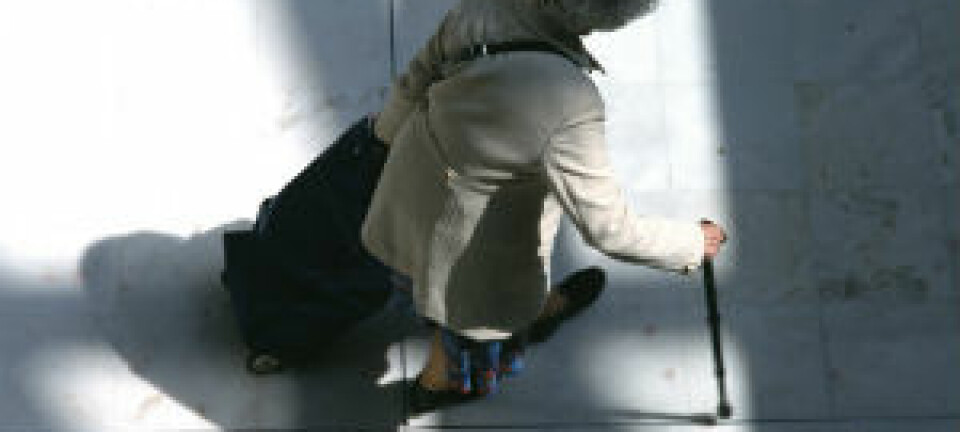
Alcohol intoxication major risk factor for dementia
Young-onset dementia has usually been blamed on genetic causes, but a Swedish study has revealed nine other risk factors for the illness – with alcohol intoxication being the worst.
A total of 35.6 million people worldwide are suffering from dementia, and this figure is set to double every 20 years according to prognoses.
While most people develop dementia in old age, several are also struck by so-called ‘Young-onset dementia’ (YOD) under the age of 65.
Developing dementia at such a relatively young age has predominantly been linked to genes, but there are many other factors at play, according to a Swedish study. Researchers at the University of Umeå have uncovered nine risk factors for YOD.
Tracking 488,484 men over 37 years
“Young-onset dementia has been related to genetic mutations in affected families. The identification of other risk factors could improve the understanding of this heterogeneous group of syndromes,” they comment in their report.

The study tracked 488,484 Swedish men conscripted for mandatory military service from September 1969 through to December 1979.
During the course of an extensive 37-year follow-up period, 487 men were diagnosed as having YOD, at an average age of 54 years.
Intoxication foremost risk factor
The findings indicate that alcohol poisoning – i.e. mild or severe intoxication – was the factor most often connected to the onset of dementia in the follow-up period. It increased the risk of dementia almost five-fold, with an estimated ‘hazard ratio’ (HR) of 4.82.
Stroke or the use of antipsychotic drugs increased the dementia risk almost three-fold, with an HR of 2.96 and 2.75, respectively. Suffering from depression or having a father with dementia nearly doubled the risk, with HR 1.89 and 1.65, respectively.
68 percent of YOD cases
Other risk factors include drug intoxication, low cognitive function, low body height and high systolic blood pressure at the time of conscription.
“Collectively, these factors accounted for 68 percent of the YOD cases identified,” the researchers comment.
The results also indicate that men in the lowest third of overall cognitive function with at least two of the nine risk factors had a 20-fold increased risk of developing YOD during the follow-up period.
Potential for preventing dementia
”The study shows that these independent risk factors are very significant for the development of young-onset dementia for men,” says lead researcher Professor Peter Nordström at the University of Umeå in a press release.
“Although the different factors have an amplifying effect on each other, it is possible to alleviate these factors. Since most of the risk factors can be identified early in life, there is good potential to prevent the onset of disease,” Nordström adds.







